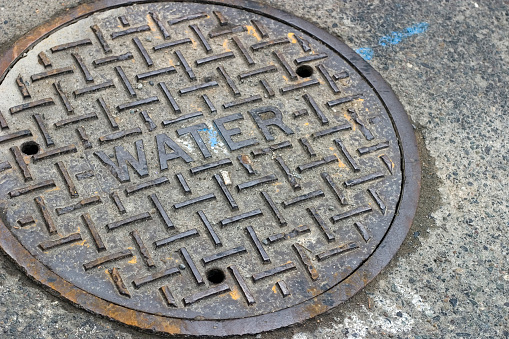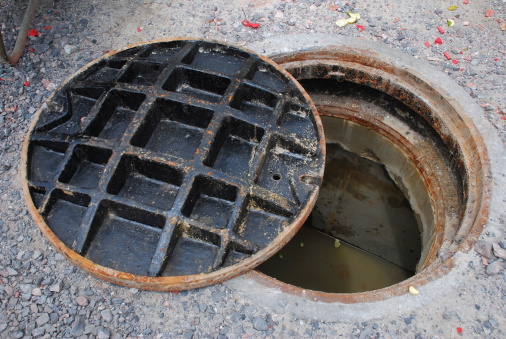
Have you ever looked down at your feet while walking and noticed that most manholes and their covers are round? A similar question is asked: why of all the possible manhole shapes, was a circle chosen? Cast iron, concrete, or a combination of the two is used to construct manholes. They are typically inexpensive, strong, and heavy. A manhole typically weighs more than 50 kilograms (110 lb). Its heavy weight keeps them in place when traffic passes over them and makes it difficult for anyone other than authorised personnel to remove them without the proper tools. Composite manhole covers weigh up to 50% less than cast iron manhole covers. The lightness ensures greater ease of handling during installation and subsequent maintenance operations, resulting in significant savings in terms of time, labour, and resources. The reduced weight allows for significant cost savings in transportation. Thus, get your manhole cover malaysia now.
- Reduced weight
Composite manhole covers can be up to 85% lighter than metal counterparts. This makes them easier to transport and install, requiring less equipment and manpower. It also reduces the risk of worker injury, lowering compensation, lost work time, and stress.
- No scrap value
Traditional cast iron covers are a major target for thieves due to their high scrap value; however, composite manhole covers contain no metal and are therefore not targeted.
- Doesn’t move from its original location
Cast iron manhole covers are typically loose fitting and held in place by their own weight, making them vulnerable to being uplifted and displaced by truck tyres, extreme weather conditions, and vandals. Composite manhole covers, on the other hand, fit snugly and are secured with a locking mechanism or worm gear to ensure they stay in place.
- Same or high weight loads
To meet the specifications for the required location, composite manhole covers are available in a variety of load bearing capacities. In tests, they performed as well as, if not better than, cast iron covers in terms of heavy and continuous traffic flow, and they can withstand weights of up to 60 tonnes.
- Reduce unwanted water
Because traditional metal covers have a loose fit, a large amount of unwanted water can enter the wastewater and sewage collection systems, increasing the amount of fluid that is passed through the treatment plant unnecessarily. Tight-fitting composite covers are completely waterproof, reducing this problem as well as the risk of contaminating elements like oil entering the system.
- Reduces odour
Again, the tight-fitting composite manhole covers effectively reduce odour and gas escape from the sewer system.

- Reduces corrosion
Manhole covers frequently cover access points into sewage and wastewater systems where microbiologically induced corrosion occurs, and composite covers far outperform cast iron alternatives in these conditions.
- Reduce maintenance
Composite manhole covers have a working life expectancy of 30-50 years and, unlike metal counterparts, do not require much regular maintenance during that time.
- Reduce manpower
Because of their light weight, composite manhole covers can be easily removed for access by a single worker, lowering manpower costs.
- Reduce noise pollution
When a car or truck passes over an iron manhole cover, the impact creates a significant amount of noise for the citizens because iron is a metal with a high density. However, because composite manhole covers have greater elasticity, they produce less noise when struck.


